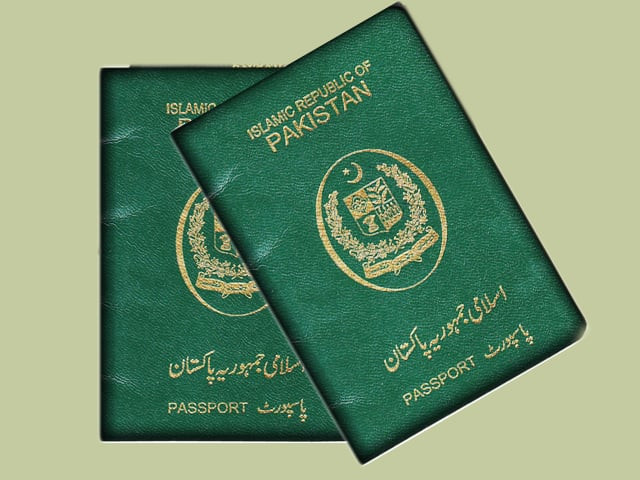Karbala and Its Importance in Pakistan vs The World
Introduction:
The tragedy of Karbala is not just a historical event—it is a timeless symbol of sacrifice, resistance, and the pursuit of justice. From the deserts of Iraq to the streets of Lahore and London, the memory of Karbala lives in the hearts of millions. In this blog, we explore the Karbala importance in Pakistan and compare it with how it's observed globally.
The Historical Significance of Karbala
The battle of Karbala took place on the 10th of Muharram in 680 AD. Imam Hussain (R.A), the grandson of Prophet Muhammad (PBUH), along with his 72 companions, stood against the tyranny of Yazid. Their martyrdom laid the foundation for a movement of justice and resistance.
Karbala’s Impact in Pakistan
Pakistan, being a Muslim-majority country, observes Ashura in Pakistan with unmatched intensity. Both Shia and Sunni communities honor the sacrifice of Imam Hussain (R.A) through:
-
Majalis (religious gatherings)
-
Azadari (mourning rituals)
-
Processions in major cities like Lahore, Karachi, and Islamabad
The Muharram rituals here include Nohas, Marsiyas, and public sermons highlighting the Hussaini traditions of resistance and truth.
Karbala in the Global Context
Outside Pakistan, Karbala is commemorated in various ways:
-
Iran & Iraq host millions during Ashura global observance
-
In the UK, Canada, and USA, Muslims organize Karbala remembrance events
-
African and Southeast Asian communities show respect through literature, drama, and peaceful processions
Despite regional differences, the universal message of Karbala resonates deeply — that of standing for justice against oppression.
Spiritual & Moral Lessons of Karbala
The teachings of Karbala go beyond religion. They teach:
-
Courage and truthfulness
-
Sacrifice for principles
-
Resistance against tyranny
-
Importance of family, loyalty, and prayer
These Karbala spiritual lessons are discussed in schools, universities, and public platforms across the globe.
Role of Women in Karbala: Hazrat Zainab (R.A)
One cannot speak of Karbala without honoring Hazrat Zainab (R.A). After the battle, her fearless speeches in the court of Yazid preserved the message of Karbala and shaped the future of Islamic resistance movements.
Cultural Differences in Commemorations
While Pakistani Muharram culture emphasizes large public gatherings and processions, countries like Turkey, Indonesia, and Lebanon use storytelling, poetry, and academic discourse to remember Hussain ibn Ali's martyrdom.
This variety of remembrance adds to the global impact of Karbala.
Karbala’s Influence on Pakistani Society
The story of Karbala has deeply influenced:
-
Pakistani literature and poetry (e.g., Allama Iqbal’s writings)
-
Television dramas and documentaries
-
Speeches and lectures during Muharram
It also plays a role in uniting people of all sects, promoting Karbala and unity among communities.
Media Coverage and Awareness
Pakistani media channels provide extensive coverage of Ashura in Pakistan, airing:
-
Documentaries
-
Interviews with scholars
-
Historical discussions on Karbala religious values
Social media has also played a major role in spreading Karbala teachings globally, especially among the youth.
Educational and Ethical Relevance Today
Modern societies draw inspiration from Karbala and resistance in struggles for justice and human rights. Schools in Pakistan and beyond introduce Karbala educational importance by incorporating the event into ethics and history curriculums.
Conclusion:
Whether in Pakistan or elsewhere, the significance of Karbala is undeniable. Its message is eternal — standing for what is right, even in the face of death. As the world continues to remember the sacrifice of Imam Hussain (R.A), it becomes a symbol of unity, resistance, and unwavering faith.



.jpg)
Comments
Post a Comment